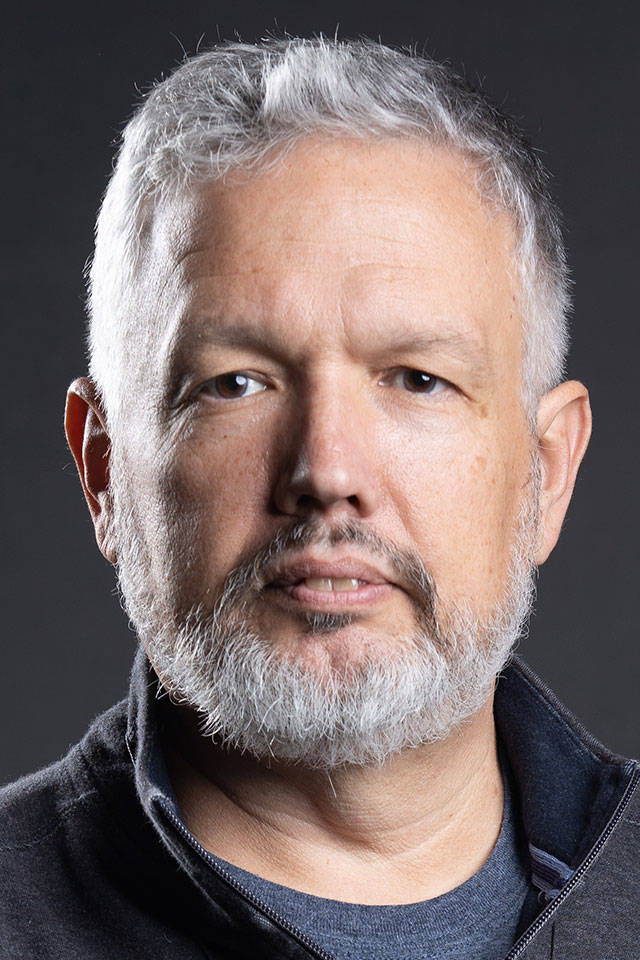By Dan Hazen / Herald Forum
I was not what you would call a typical drug addict.
Self-righteousness and ego motivated me to keep the truth well hidden. No one knew whom I did not allow to know. I held down a job, paid my taxes, and put the garbage out every Tuesday morning. Yet I also visited the dope house late at night, indirectly supported all kinds of crime, lied constantly, slept only sporadically, and contributed exactly nothing to my community.
Well, that last part is not exactly true. I had functional relationships with my dealer and other users. We had our own economy that employed people, included a manufacturing sector, distribution, customer service, even a kind of criminal justice system. We were a shadow society just below the surface of the “real” one, and it worked at least as well.
So, having lived in “real” society for 30 years now, I wonder: Precisely what do we want addicts to recover from? Pain and suffering? I see little relief in “real” society. We get sick and die, we treat one another badly and we commit crimes (albeit with more dignity but ironically with less honesty). Are we asking them to recover from addiction, compulsive behavior and selfishness? We need not look beyond the stock market, consumptionism, casinos and customer service culture to see we offer no real change there either.
I have been privileged to work with The Everett Gospel Mission, the City of Marysville, Snohomish County Human Services and others, on addiction and poverty in our community. Programs like M.E.S.H. (Micro Emergency Shelter Homes), embedded social workers, palette shelters and more are being deployed to bridge the gap between “marginal” and “real” society. These are good programs, and we need more like them. But they can never be fully effective because of two fatal flaws:
They are bridges to nowhere. We have collectively created a fictional society which is supposed to be superior to a life of “just getting by” when in fact, that is exactly what we are doing. We are un-happy, over-worked, underpaid, leveraged to the hilt, trapped in broken relationships and enslaved to wealth. The discerning homeless individual rightly asks, “What are you asking me to recover to?” We need change as much as they do.
There is no we and them. Bridge programs span a gap that is not real. We pay taxes and give to charities, distancing ourselves from the truth, then bitterly complain that affordable housing projects reduce our property values. We sub-contract compassion when it should be internalized. We are one community. The men and women on our streets are our sons and daughters. When they sneeze, we catch a cold.
Here’s what we can do: Build personal relationships with your struggling neighbors. Don’t banish them to “projects” and then struggle to build bridges back into a lifestyle you already regret. Live differently. Build differently. Worship differently. Our circumstances are revealing more about our compassion than they are about economics, race or policy. What if we were to begin building something new that everyone wanted to be a part of?
Dan Hazen is community pastor at Allen Creek Community Church in Marysville.
Talk to us
> Give us your news tips.
> Send us a letter to the editor.
> More Herald contact information.

























